.jpg)
<p>Oral cancer is a malignant growth that develops within the tissues of the oral cavity, which includes the lips, gums, tongue, inner lining of the cheeks, and the roof and floor of the mouth. This type of cancer can affect anyone, but certain factors such as tobacco and alcohol use, prolonged sun exposure to the lips, a diet lacking in fruits and vegetables, and certain viral infections like human papillomavirus (HPV) can increase the risk.</p><p><br></p><p>Oral cancer often begins as a painless sore or lump in the mouth that doesn't heal. Other symptoms may include persistent mouth pain, difficulty chewing or swallowing, changes in speech, and unexplained weight loss. Early detection is crucial for successful treatment, as late-stage oral cancer can be more aggressive and challenging to manage. Regular dental check-ups play a vital role in identifying potential signs of oral cancer. Dentists and oral health professionals can conduct thorough oral examinations, looking for any abnormalities or suspicious growths. If a potential concern is detected, a biopsy may be performed to determine whether the growth is cancerous. Treatment for oral cancer typically involves a multidisciplinary approach, which may include surgery to remove the cancerous tissue, radiation therapy, and chemotherapy. The specific treatment plan depends on factors like the stage of the cancer, the location of the tumor, and the patient's overall health. Prevention of oral cancer involves avoiding known risk factors, such as quitting smoking and limiting alcohol consumption. Practicing good oral hygiene and protecting the lips from excessive sun exposure can also help reduce the risk. Additionally, maintaining a balanced diet rich in fruits and vegetables can contribute to overall oral health.In conclusion, oral cancer is a serious condition that can have significant impacts on a person's quality of life. Awareness of risk factors and symptoms, along with regular dental check-ups, can aid in early detection and prompt treatment. By taking proactive steps to reduce risk factors and prioritize oral health, individuals can play a crucial role in preventing and managing oral cancer.</p><p><br></p><p><strong>The Prevalence of Oral Cancer in India</strong></p><p>Oral cancer is a significant health concern in India, with several factors contributing to its prevalence. One of the main reasons for the high incidence of oral cancer among Indian populations is the widespread use of tobacco and betel nut products. Tobacco consumption in various forms, such as smoking and smokeless tobacco is deeply ingrained in many Indian cultures. These habits are known to be major risk factors for oral cancer. Smokeless tobacco products are particularly concerning, as they are directly applied to the oral tissues, increasing exposure to harmful substances. The carcinogens present in tobacco can damage the DNA within cells, leading to uncontrolled cell growth and the development of cancer. Another contributing factor is the prevalence of betel nut or areca nut chewing. Often combined with tobacco and other ingredients in products like gutka and paan, betel nut has been linked to an increased risk of oral cancer. The areca nut itself contains compounds that can stimulate cell growth and interfere with normal cell function, contributing to the development of cancerous growths.</p><p><br></p><p>Poor oral hygiene practices, inadequate dental care, and a lack of awareness about oral health also play a role in the prevalence of oral cancer in India. Poor oral hygiene can lead to chronic irritation of the oral tissues, which can increase the risk of cancer development. Additionally, late-stage diagnosis is a common issue, often due to a lack of regular dental check-ups and a general lack of awareness about oral cancer symptoms. Cultural practices, such as the chewing of tobacco and betel nut, are deeply rooted in social and traditional contexts, making it challenging to promote behavior change. However, efforts are being made to raise awareness about the risks associated with these habits and to encourage cessation.</p><p><br></p><p>To effectively address the high rates of oral cancer in India, a multi-faceted approach is necessary. This includes widespread education about the dangers of tobacco and betel nut use, promotion of healthy lifestyle choices, and accessible healthcare services that focus on oral cancer prevention, early detection, and treatment. By tackling both the cultural and behavioral aspects of oral cancer risk, India can make strides toward reducing its burden and improving oral health outcomes for its population.</p><p><br></p><p><strong>Treatment options</strong></p><p>To safeguard oneself from oral cancer, adopting a range of healthy lifestyle practices is crucial. Avoiding the use of tobacco and betel nut products, limiting alcohol consumption, and maintaining good oral hygiene are fundamental steps in reducing the risk of oral cancer. Additionally, a balanced diet rich in fruits and vegetables can provide essential antioxidants that contribute to cell protection and a robust immune system. Furthermore, protecting the lips from excessive sun exposure by using lip balm or sunscreen is vital, as prolonged sun exposure has been linked to lip cancer. Regular dental check-ups play a pivotal role in early detection and timely intervention. These check-ups enable dentists to identify any suspicious lesions or abnormalities in the oral cavity, ensuring that potential issues are addressed promptly.</p><p><br></p><p>In promoting Kaizen treatment for oral cancer, a patient-centric and adaptive approach can significantly improve outcomes. This philosophy entails tailoring treatment plans to each individual's specific needs, considering factors such as the cancer stage, the patient's overall health, and their preferences. Adopting a multidisciplinary approach, where different medical professionals collaborate, ensures comprehensive and holistic care. Regular monitoring and the ability to adapt treatment strategies based on real-time data and patient feedback allow for continuous improvement in care. </p><p><br></p><p>The Kaizen approach emphasizes the importance of continuous learning by medical professionals, ensuring that they stay updated with the latest advancements in oral cancer treatment. By incorporating both preventive measures and the Kaizen Oncology Ntework’s treatment philosophy, individuals can take proactive steps towards reducing the risk of oral cancer, promoting early detection, and ensuring the best possible care for those affected by this co</p>
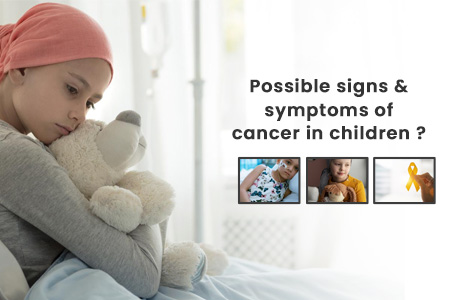 A complete guide on Detecting Childhood Cancer
A complete guide on Detecting Childhood Cancer
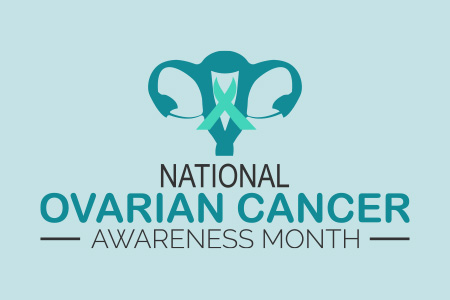 Raising National Ovarian Cancer Awareness
Raising National Ovarian Cancer Awareness
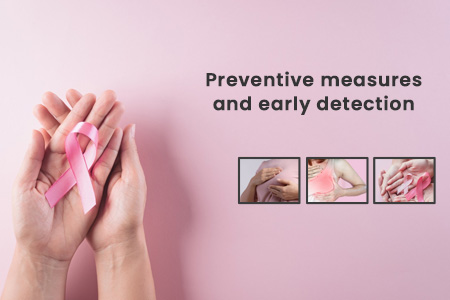 Preventive Measures and Early Detection
Preventive Measures and Early Detection
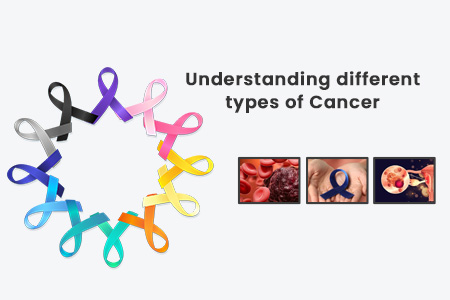 Understanding Different Types of Cancer
Understanding Different Types of Cancer
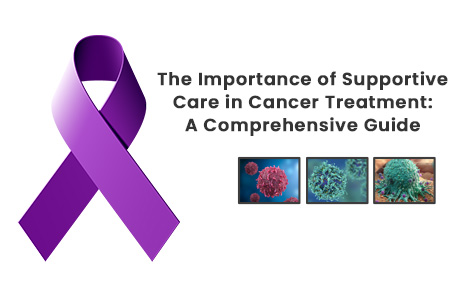 The Importance of Supportive Care in Cancer Treatment: A Comprehensive Guide
The Importance of Supportive Care in Cancer Treatment: A Comprehensive Guide
.jpg) A complete Guide to Breast Cancer awareness
A complete Guide to Breast Cancer awareness
.jpg) Rising Cases of Oral Cancer and its Causes
Rising Cases of Oral Cancer and its Causes
.jpg) Tips for Breast Self-Examination
Tips for Breast Self-Examination
.jpg) The Complete Guide to Breast Cancer
The Complete Guide to Breast Cancer
Do you need emergency Medical care?
Copyright © 2022 kaizen rights reserved.